By Eric Vandenbroeck and co-workers
Tucked away in
southwestern Ontario, Windsor and the surrounding Essex county now finds itself
on one of the front lines of Trump's trade war as it faces a 25% tariff on
foreign-made vehicles (though for Canada, that will be reduced by half for cars
made with 50% US-made components or more) as well as blanket 25% US tariffs on
steel and aluminium imports.
US tariffs on auto parts are expected next month.
The region of just
over 422,000 grew alongside Detroit - nicknamed Motor City for its role as an
auto manufacturing hub - turning the region into an important center for North
American automobile production.
Ford first
established its presence in Windsor in 1896, while the first Stellantis (then
Chrysler) factory arrived in 1928, with dozens of factories and suppliers
springing up around the city and surrounding region in the ensuing decades.
Much of the
manufacturing has since left the city, though it still boasts two Ford engine
factories and a Stellantis assembly plant, which employ thousands.
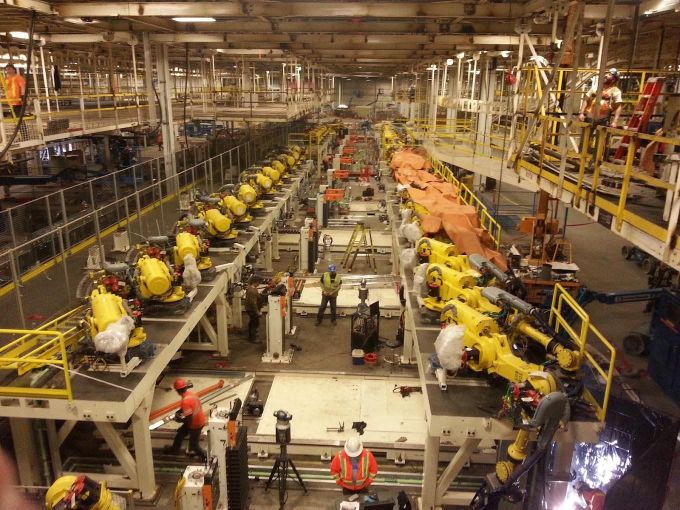
Workers on both sides
of the border have built iconic vehicles over the decades, most recently models
like the Dodge Charger and the Ford F-150.
Some 24,000 people
work directly in the automotive industry in Windsor-Essex, while an estimated
120,000 other jobs depend on the sector.
A drive through the
neighborhood around the Ford factory feels like a trip back in time, showcasing
classic bungalows from the last century. Many have seen better days, though
each boasts a verandah and small front yard. Large murals celebrating the city's
automotive history punctuate the scenery.
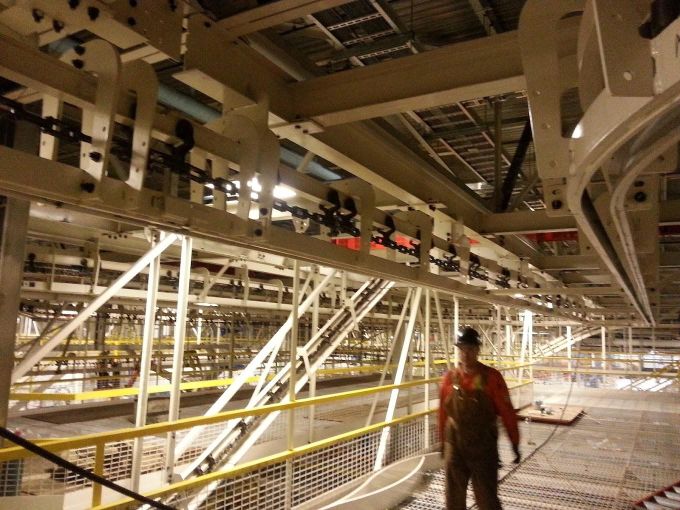
Windsor has weathered
the challenges of the North American auto sector alongside Michigan, as the
industry shares a deeply integrated supply chain.
Chad Lawton points to
the 2008 financial crisis, when the Big Three American automakers - Ford,
General Motors, and Chrysler - faced staggering losses, and GM and Chrysler
received billions in US bailouts to avoid bankruptcy.
What makes the
tariffs such a hard pill to swallow for auto workers. This situation has been
brought about by the US, Canada's closest economic and security ally.
Laura Dawson, the
executive director of Future Borders Coalition, said the tariffs could cause
major upheavals throughout the sector due to its deep integration, with ripple
effects felt across the continent if exports from Canada stop for more than a
week.
Cars crossing the
border will need every component to be assessed for qualifying content, where
it originates, the cost of labor to produce it, and, if it contains steel or aluminium, where that metal came from.
Every part of an
automobile is literally under a microscope for where it was produced and
how. The US tariffs have been a major factor in Canada's general election,
which is on 28 April, with Canada's political parties rolling out suites of
plans on the campaign trail to help the auto sector.
Canada voting intention poll track
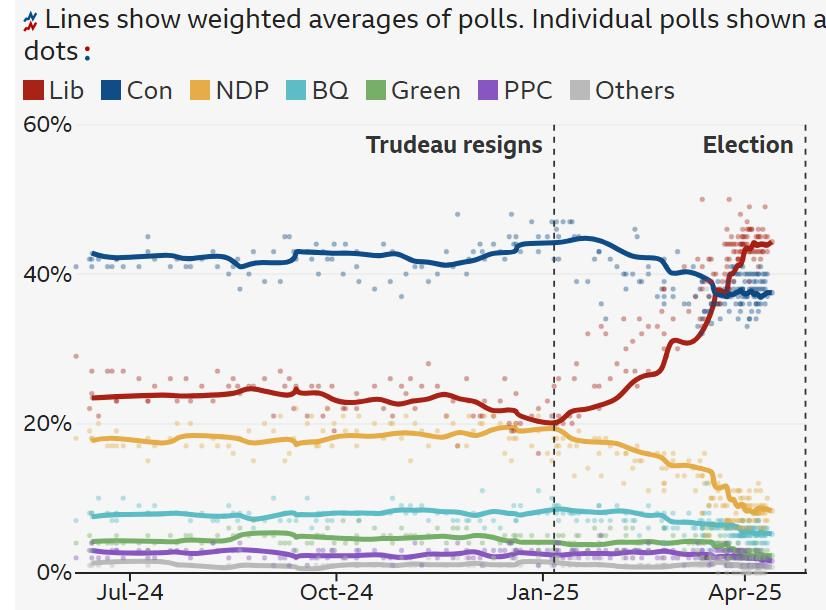
Liberal leader Mark
Carney, the current prime minister, has pledged to create a C$2bn ($1.4bn;
£1.1bn) fund to boost competitiveness and protect manufacturing jobs, alongside
plans to build an "all-in-Canada" auto parts network.
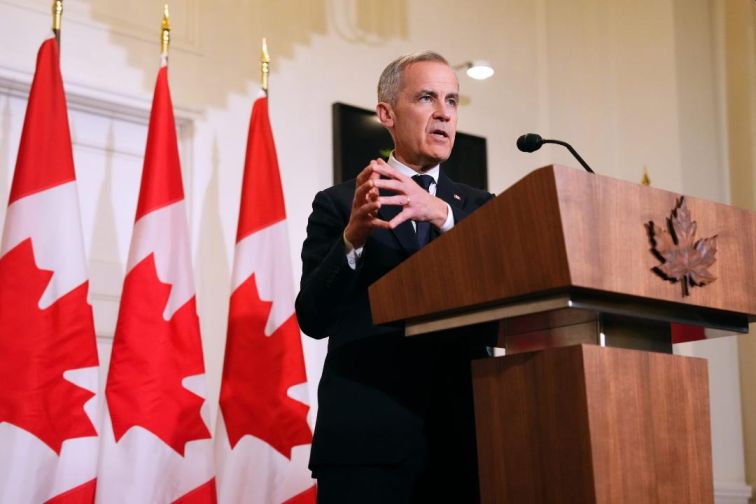
Prime Minister Mark
Carney speaks to the media during a press conference at Canada House in London
on Monday, March 17, 2025.
In his role as prime
minister, he imposed last week a reported C$35bn in counter auto tariffs in
addition to previously announced reciprocal measures on the US.
Carney's main rival,
Conservative leader Pierre Poilievre, has vowed to remove the sales tax on
Canadian vehicles and to create a fund for companies affected by the tariffs to
help keep their employees.
Jagmeet Singh, whose
left-wing New Democratic Party is fighting for a competitive seat in Windsor,
has pledged to use every dollar from counter-tariffs to help workers and to
stop manufacturers from moving equipment to the US.
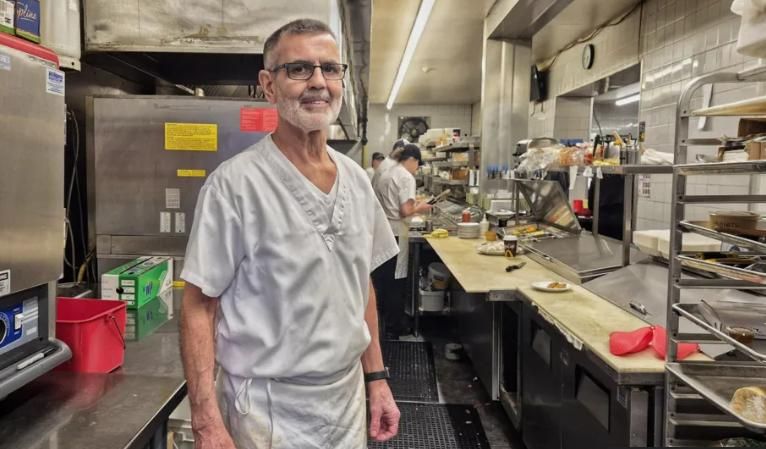
Many patrons at Van Niforos's restaurant work for
Stellantis
Still, Windsor's
economy is dependent on automakers, and heavily relies on trade with the United
States. If it falters, everything - from restaurants to charities - will feel
the effects.
The Penalty Box is a
sports bar just down the road from the Stellantis plant and popular with the
workers there. "We're one of the busiest restaurants. I don't want to
say it, but if you ask around about the Penalty Box, they'll tell you,"
its 70-year-old owner, Van Niforos, said. "We do close to 1,000 meals a
day."
With a white apron
and a wide smile, he relates its 33-year history. But his demeanor darkens when
asked about threats the auto sector faces. "It's a devastating
situation. I don't want to think about it," he said.
"We employ 60
people, and we're open six days a week. [If something happens to the Stellantis
plant], will we be able to keep 60 people working? No."
Chad Lawton, sitting
in his office at the local union, takes a deep breath as he contemplates how
precarious his life feels.
He doesn't think
Carney's counter-tariffs help the current situation, arguing they "just
makes a really bad situation a little bit worse".
He hopes there is
room for trade negotiation, but said he will be the first to say that Canada
"cannot just concede and roll over".
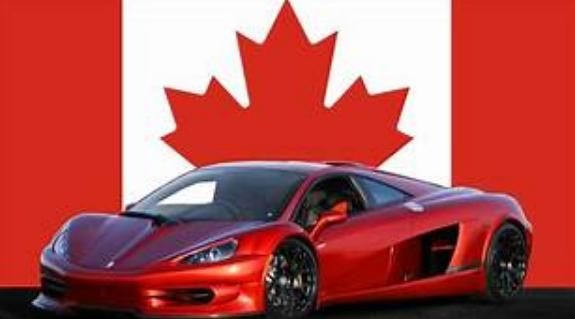
"I've worked for
a Ford Motor Company for almost 31 years, and I have never seen anything close
to this," he said. "That includes Covid because at least with
Covid, we knew what we were dealing with. And there was some certainty there."
"This is all
over the map."
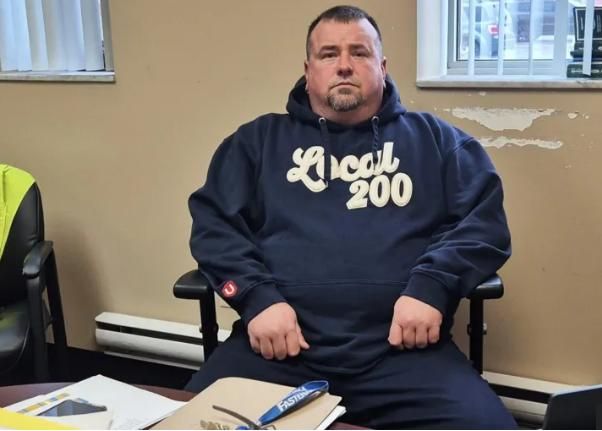
Chad Lawton has been at Ford for 31 years and says he
has never seen a crisis like this.
Windsor has weathered
the challenges of the North American auto sector alongside Michigan, as the
industry shares a deeply integrated supply chain.
Chad Lawton points to
the 2008 financial crisis, when the Big Three American automakers - Ford,
General Motors, and Chrysler - faced staggering losses, and GM and Chrysler
received billions in US bailouts to avoid bankruptcy.
That period was
"bad, not just for next door, but also we went through a very, very rough
time", he said.
"This feels the
same. The level of anxiety with the workers, the level of fear, the idea and
the belief that this is just something that is so completely out of your
control that you can't wrap your head around what to do."
John D'Agnolo, president of Unifor Local 200, which represents
Ford workers in Windsor, said the situation "has created havoc".
"I think we're
going to see a recession," he said.
"People aren't
going to buy anything. I gotta tell my members not to
buy anything. They gotta pay rent and food for their
kids."
For updates click hompage here